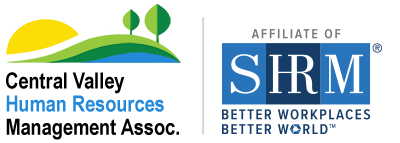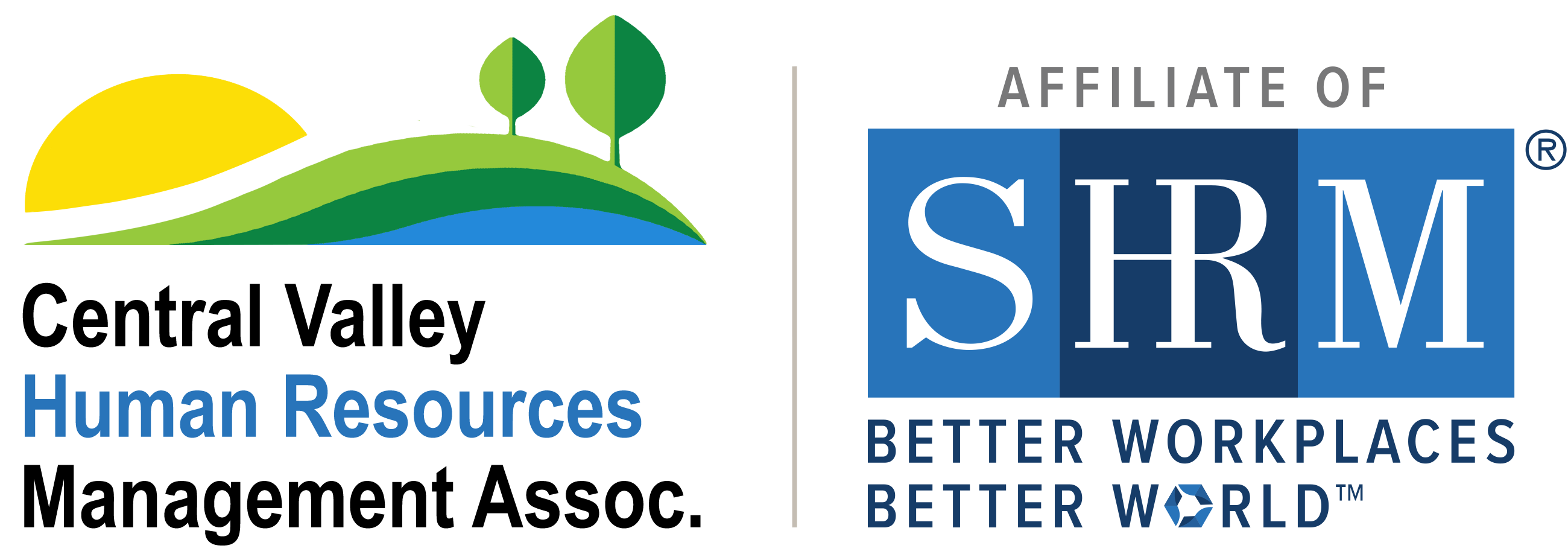FEHC Regulations are Heating Up in July!
New Notice Posting and Leave for Domestic Violence, Sexual Assault, Or Stalking
Beginning July 1, 2017, all employers must provide to new employees and to any employee who requests it, notice regarding their rights to take leave for domestic violence, sexual assault, and stalking purposes. Current law under Labor Code section 230.1 prohibits employers with 25 or more employees to discriminate against employees who take time off under any of the following circumstances:
- seek medical attention for injuries caused by domestic violence, sexual assault, or stalking;
- obtain services from a domestic violence shelter, program, or rape crisis center as a result of domestic violence, sexual assault, or stalking;
- obtain psychological counseling for domestic violence, sexual assault, or stalking; or
- participate in safety planning or other actions (including temporary or permanent relocation) to increase safety from domestic violence, sexual assault, or stalking.
Employees who take time off for any one of these reasons must give the employer reasonable advance notice, unless the advance notice is not feasible. If advance notice is not feasible and an employee takes an unscheduled absence, he or she remains protected by providing, within a reasonable time after the absence, a certification of the protected reasons for leave. Employers must maintain the confidentiality of the reason.
These new regulations require that notice be given to all new employees and any employee who requests it. The Labor Commissioner has created a notice form for use which can be found here.
Although this protected leave only applies to employers with 25 or more employees, the notice requirement applies to all employers in the State of California. Be sure that hiring personnel in your company is aware of this new notice requirement and is providing the notice to all new employees and any employee who requests it.
New Regulations for Criminal Background Checks
Beginning on July 1, 2017, new regulations which imposes additional burdens on the use of criminal background checks in employment decisions will be enforced by the Fair Employment and Housing Council (FEHC). If an employer has a criminal background check policy that creates an adverse impact on a protected class, the employer has the burden of justifying the policy as job-related and consistent with business necessity. Pursuant to the regulations, there are two ways an employer may justify the policy: (1) show that a “bright-line” disqualification properly distinguishes those who do and do not pose an unacceptable level of risk and that the convictions have a direct and specific negative bearing on the person’s ability to perform the duties of the position; or (2) conduct an individualized assessment of the applicant or employee.
An example of a “bright-line” disqualification policy is when the employer maintains a no-hire policy for all individuals with criminal convictions. If a “bright-line” disqualification policy takes into account convictions that are seven or more years old, a rebuttable presumption is created that such a policy is not sufficiently tailored to be job-related and consistent with business necessity. Therefore, if you have such a policy, it is highly recommended to review and update it accordingly.
In order to properly conduct an individualized assessment, employers must take into account the following factors: (1) the nature and gravity of the offense or conduct; (2) the time that has passed since the offense or conduct; and (3) the nature of the job held or sought. Employers should, in writing, analyze and discuss each of these three factors as it relates to the employee or applicant and the job held or sought. Before any decisions are made or action taken against the individual, employers must provide the individual with notice. This notice should include written notification of the proposed adverse action and a copy of the written assessment. The individual must then be provided a reasonable opportunity to demonstrate that the conviction information is wrong or that the exclusion should not apply to their specific case. The employer, in turn, must consider whether this additional information warrants an exception to the exclusion.
Even when an employer can show job-relatedness and business necessity, an individual can still prevail on a claim if there is a less discriminatory policy or practice (such as a narrower list of disqualifying convictions) that serves the employer’s goals or that advances the employer’s legitimate concerns as effectively as the challenged practice would. The final regulations can be found here.
AB 1008 is a bill currently making its way through the California State Legislature, regarding prior criminal history inquiries. If passed and signed into law by Governor Brown, it will impose additional (and sometimes different) burdens on the use of criminal background checks in employment decisions. Stay tuned for our next newsletter where we’ll discuss AB 1008 in greater detail, if signed by Governor Brown. The AB 1008 Bill can be found here.
New Transgender Rights Regulations
Also beginning on July 1, 2017, FEHC regulations expand upon existing laws related to gender identity and gender expression. Under the current Fair Employment and Housing Act (FEHA), employers cannot discriminate on the basis of gender identity, gender expression, or because an individual is transgender, transitioning or transitioned. The following definitions are found at 2 CCR § 11030:
- “Gender identity” means each person’s internal understanding of their gender, or the perception of a person’s gender identity, which may include, male, female, a combination of male and female, neither male nor female, a gender different from the person’s sex assigned at birth or transgender.
- “Gender expression” means a person’s gender-related appearance or behavior, or the perception of such appearance or behavior, whether or not stereotypically associated with the person’s sex assigned at birth.
- “Transgender” is a general term that refers to a person whose gender identity differs from the person’s sex assigned at birth. A transgender person may or may not have a gender expression that is different from the social expectations of the sex assigned at birth. A transgender person may or may not identify as “transsexual.”
- “Transitioning” is a process some transgender people go through to begin living as the gender with which they identify, rather than the sex assigned to them at birth.
The new regulations specific state that it is unlawful to discriminate against an individual who is transitioning, has transitioned, or is perceived to be transitioning (2 CCR § 11034(i)(4)). The process of transitioning may involve a number of different steps, including but not limited to:
- Changes in name and pronoun usage
- Facility usage
- Participation in employer-sponsored activities, such as sports teams, team-building projects or volunteering
- Undergoing hormone therapy, surgeries or other medical procedures
Completion of any particular step is not a perquisite in order to be protected by the law, so employers cannot base its treatment of a transitioning employee on completion of any step. Because transitioning may involve changes in name and pronoun usage, employers are now required to honor an individual’s request to be identified by a preferred gender, name or pronoun, including gender-neutral pronouns. If an employer fails to do so, the employer may be held liable because this failure may contribute to an unlawful hostile work environment based on sex. (Lusardi v. Dep’t of the Army, EEOC Appeal No. 0120133395, 2015 WL 1607756 (April 1, 2015)). The one exception to this rule is when it’s necessary to meet a legally-mandated obligation, an employer may use an employee’s gender or legal name as indicated on a government-issued identification document.
As of July 1, transgender employees must have equal access to restrooms and other facilities, including locker rooms with a showering area, dressing rooms, and dormitories. The regulations require employers to provide feasible alternatives to help respect the privacy interests of all employees, such as providing locking toilet stalls, staggering schedules for showering, shower curtains, or other feasible methods of ensuring privacy. However, employers may not require an employee to use a particular facility. For example, an employer cannot require a transgender employee to only use the single-stall bathroom.
Moreover, employees shall not be “required to undergo, or provide proof of, any medical treatment or procedure, or provide any identity document, to use facilities designated for use by a particular gender.” However, employers may make a reasonable, confidential inquiry of an employee for the sole purpose of ensuring access to comparable, safe, and adequate multi-user facilities. For example, if an employee complains that he or she was denied access to a restroom that corresponded with his or her gender expression, you could make a reasonable and confidential inquiry to the employee at that time. These new regulations can be found here.
Remember, as of March 1, 2017, all single-occupancy toilet facilities in any business establishment, place of public accommodation or government agency must be identified with gender-neutral signage, such as “Restroom,” “Unisex,” “Gender Neutral,” or “All Gender Restroom.” The signage must comply with building code requirements found in CCR Title 24.85. This new law can be found here.
Employers should review policies and consider management training to ensure compliance with these new regulations. Please contact legal counsel if necessary.
James C. Anderson, Esq., Triebsch & Frampton, APC
Disclaimer: The information provided is just a summary for general informational purposes only and is not intended as legal advice. Please review the actual laws, regulations, and cases to obtain all the latest updates, details, and implications and to reach your own conclusions as to what the law means. Also seek legal and accounting advice as needed.


